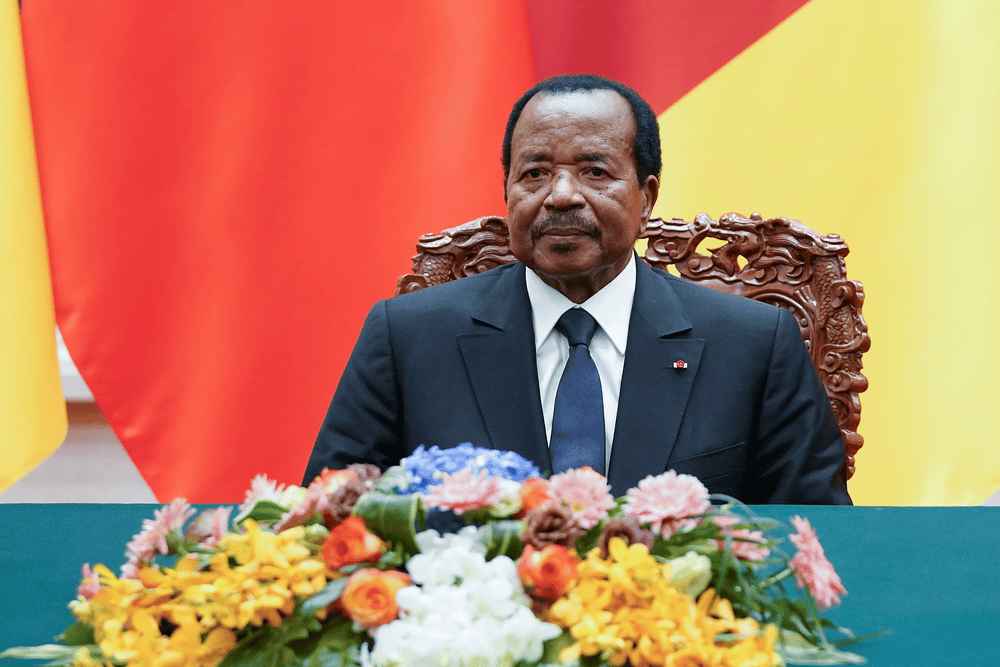
S. African president says National Minimum Wage to take effect on Jan. 1

S.A President Cyril Ramaphosa said on Friday that the National Minimum Wage (NMW) bill, which he signed into law late last month, will take effect from Jan. 1, 2019.
“This is a great achievement for the working people of South Africa, who have had to endure generations of exploitation,” the president said.
Once the NMW takes effect, no worker shall be paid below 20 rand (about 1.4 U.S. dollars) per hour, or 3,500 rand (about 247 dollars) a month for the majority of the country’s 6 million workers.
The NMW should also be seen as an achievement for business, as it demonstrates the commitment of employers to fairer wages and better working conditions, Ramaphosa said at an event in the township of Soweto.
As one of the legacy legislations by the Parliament’s Committee on Labor, the NMW was passed by both houses of Parliament earlier this year.
The NMW marks another step in closing the huge inequality that is prevalent in South Africa, said Lemias Mashile, Chairperson of Parliament’s Committee on Labor.
The NMW will improve the lives of many families that have been earning less and will contribute to stimulating economy as a result of increased participation by many in the country, he said.
The committee reiterates its view that while the NMW is a reasonable beginning, much more efforts should be placed in reaching the desired living wage, Mashile said.
The committee remains of the view that a happy labor market is essential if the country is to grow economically, he said.
“This is important if the country is to succeed in fighting the triple challenges of unemployment, poverty and inequality,” he said.
The NMW came into being four years after the National Economic Development and Labor Council first began deliberations on the protection of low-paid workers.
Although opponents say the NMW is a slave wage that cannot make both ends meet for the working class, Ramaphosa said on Friday he agreed that the NMW “is far below what we would want workers to earn.”
“But we must understand that in setting the starting level, the social partners sought to strike a balance – between the need to measurably improve the income of the lowest paid workers and the need to sustain and increase levels of employment,” the president said.






